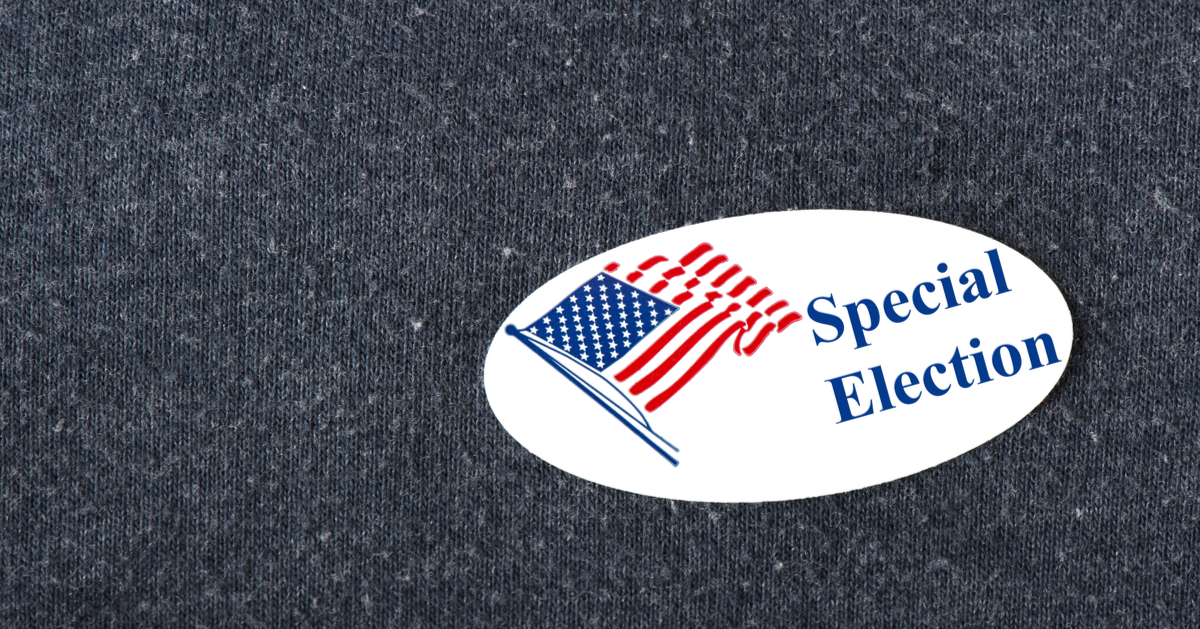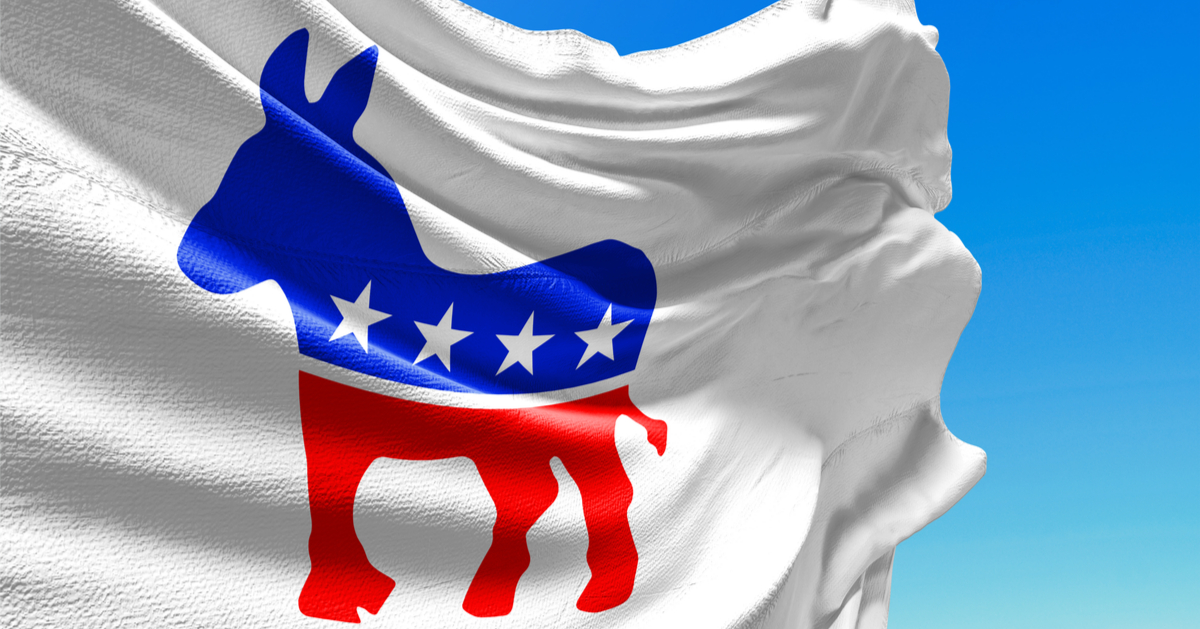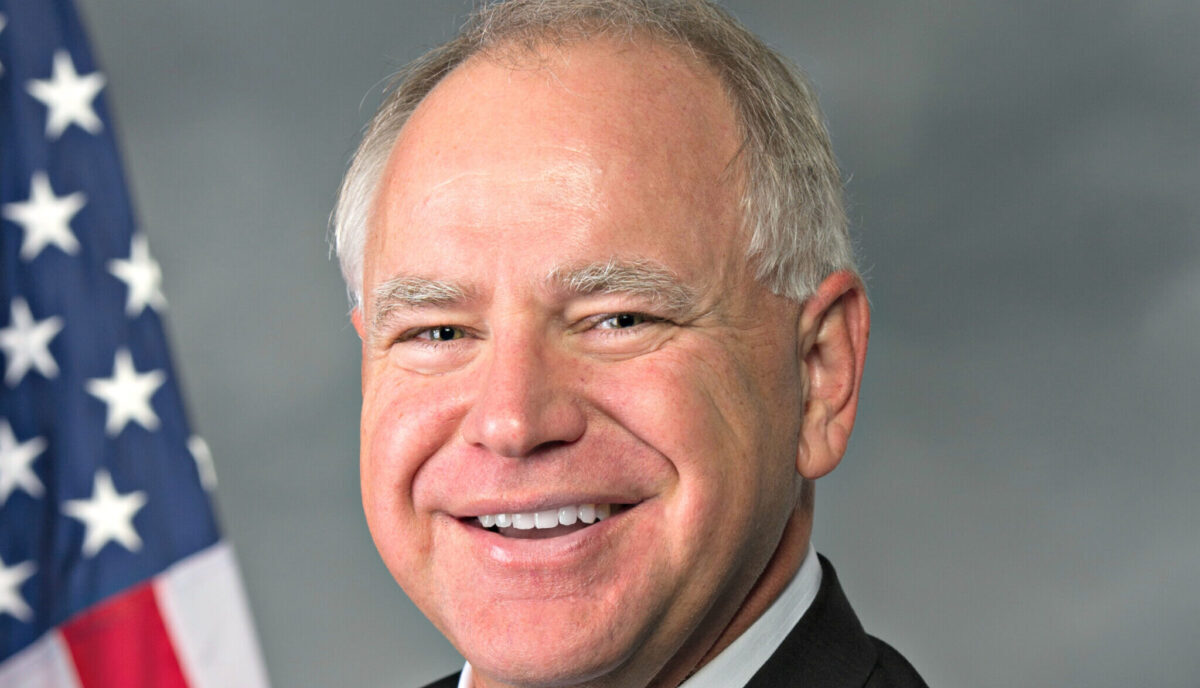DANIEL VAUGHAN: Congress Should Hold Judges Accountable For Blatantly Bad Rulings
It is time to hold district court judges accountable for issuing blatantly biased rulings with no basis in reality. Trump's time in the White House has accentuated #Resistance law, which is whatever advocates have to say to get a verdict. It's one thing for lawyers to do that. It's another for judges to uphold it.
District Court Judge Indira Talwani, an Obama nominee, issued one of the most ludicrous temporary restraining orders ever. She upheld a restraining order that demanded the federal government continue funding Planned Parenthood, even though Congress passed legislation cutting that off.
District court judges are now trying to redline appropriations decisions made by Congress. Aside from being ludicrous, it's a blatant violation of separation of powers for the judiciary even to pretend it has such powers.
Judge Talwani offered no reasoning on why she granted this restraining order. To get a hint, we have to explore the complaint filed by Planned Parenthood, which is arguing Congress has no right to remove funding from it.
The top reason given by Planned Parenthood is that the legislation as it stands is an unconstitutional bill of attainder.
A bill of attainder is a law that singles out a person or group for punishment without a court trial. The Constitution bans this to protect people from being targeted by lawmakers who want to punish them without due process. Only courts—not Congress—can decide if someone is guilty and what the penalty should be.
When Congress gives money to some groups but not others, that's not a bill of attainder. Deciding how to spend money is a regular part of government, not a form of punishment. The law only becomes a bill of attainder if it targets and punishes an individual directly, which is extremely rare. Simply giving or withholding funding does not count as punishment under the Constitution.
If Congress passed a law saying, "John Smith is banned from working in any federal job because he criticized Congress," that would be a bill of attainder. It singles out John Smith and punishes him without a trial.
In Planned Parenthood's own complaint, they can't even make that point. They have to make an excuse, "While the Defund Provision does not identify Planned Parenthood by name, it defines 'prohibited entity' specifically to target Planned Parenthood."
That's not enough to meet the definition of a Bill of Attainder. The goal of that constitutional provision is to prevent Congress from acting like a court punishing another person. Appropriations bills, which make thousands of decisions on who gets funding and who doesn't every year, do not meet that definition.
Undeterred, Planned Parenthood also claims that the Big Beautiful Bill violated their free speech rights and the equal protection clause. If you're sitting there asking how a budget bill violates either of those things, you're smart. Because they don't.
It's a frivolous lawsuit where Planned Parenthood claims it has a right to taxpayer money no matter what Congress passes. It's the height of arrogance.
That's why a judge upholding a restraining order of any kind in this case based on pure nonsense is sanctionable at a minimum. This is not a defensible order on any planet, and no appeals court should uphold it.
Orders like this one are why the Supreme Court is being compelled to intervene and curtail the lower courts. They're not even allowing straightforward budget bills to pass without nationwide injunctions or ordering Congress to continue funding something it has cut off.
No law supports the position that Planned Parenthood is making. The Constitution doesn't support it, no case law supports it, and no reading of statutory codes will get you to the place Planned Parenthood is arguing. It's not even a novel argument that Planned Parenthood is making. It's purely wrong as a matter of fact and law.
In a sane Supreme Court, this kind of decision would get tossed out 9-0. Unfortunately, we no longer have a panel of all sane justices. And clearly, Judge Talwani is more focused on being an activist on the bench than adjudicating fairly.
In the process, she's destroying her profession. Both the appeals courts and the Supreme Court need to send a strong message that these kinds of orders can no longer continue. And Congress is within its rights to start impeaching judges.
This is not normal, nor is it how our system is supposed to work. If the lower courts start acting like the final arbiter and legislator of everything, they step well within the role of an imperial judiciary, which is something our system is supposed to roundly reject.






